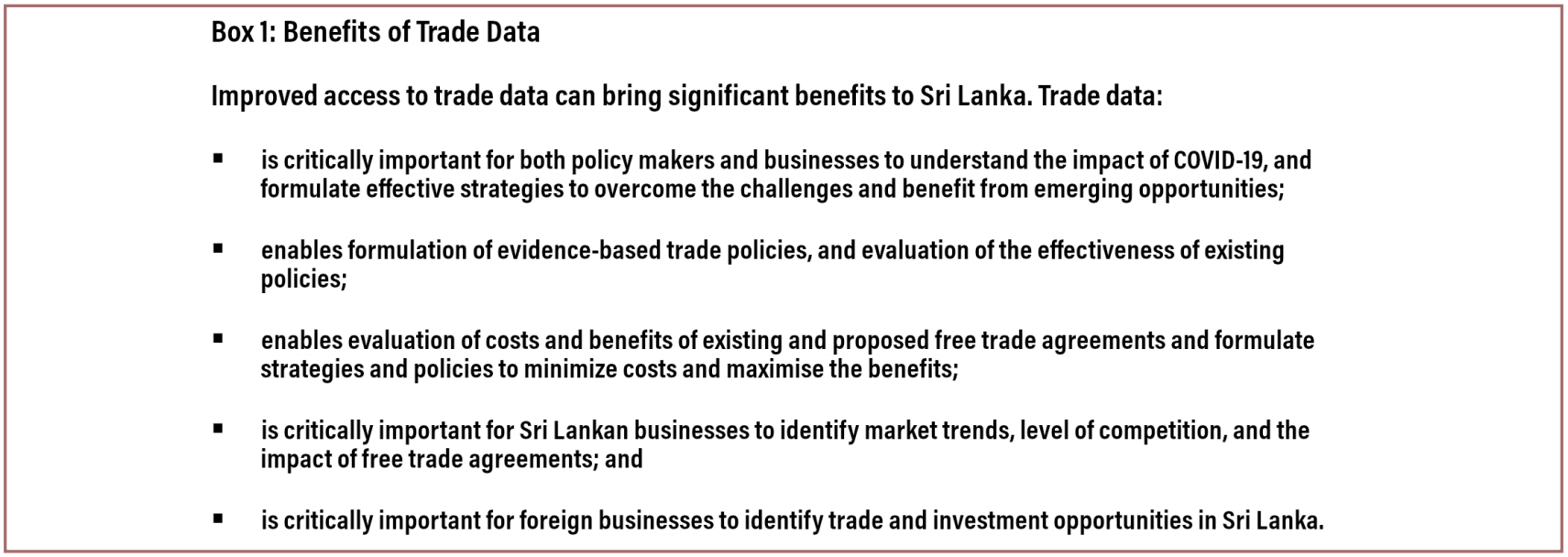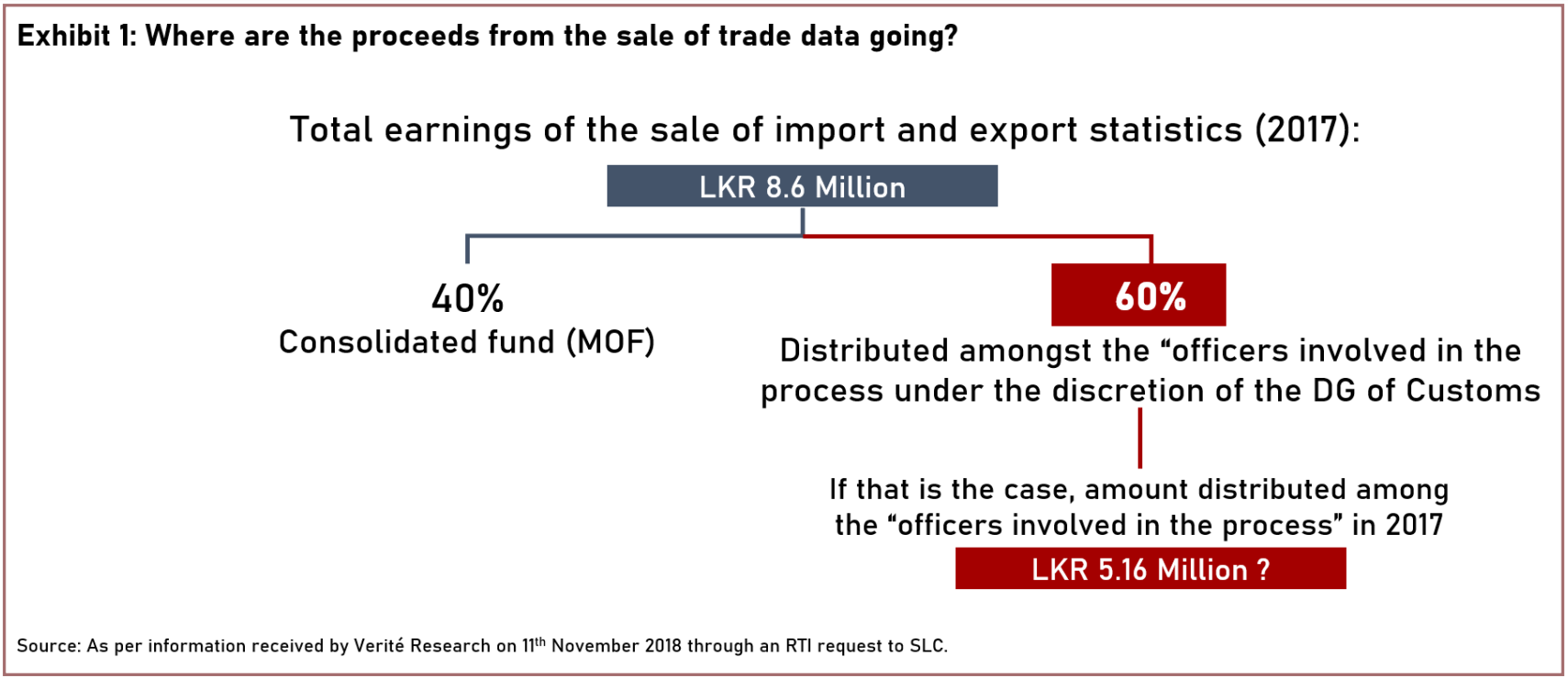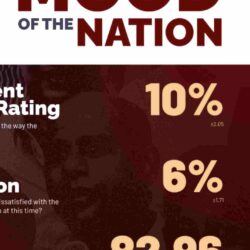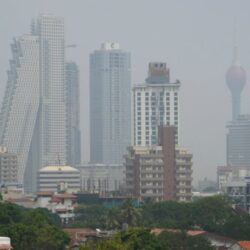Published in – DailyMirror
Data collected and held by government agencies is a valuable ‘public asset’. Properly utilised, such data can help the private and public sector better contribute to Sri Lanka’s economic growth. These datasets are compiled at public expense, using public funds. The justification for doing so is that the data can be deployed to serve the public interest. Providing information to guide economic success is perhaps the most important public interest that can be served by many such data sets at the present time.
This Insight shows that this public interest of promoting the economic success of Sri Lanka is currently being undermined by an extremely narrow set of private interests held by government officials attempting to profit personally from the data. These narrow interests are, unfortunately, being fostered by the incentive policies of the Finance Ministry.
The privatisation of public data by government officers in Sri Lanka is facilitated by an incentive scheme set up by the Finance Ministry. This Insight evaluates these incentive schemes and finds that they lead to adverse outcomes, which suggest that the schemes should be revisited and changed.
The ‘Public Good’ Case for Making Data Public
The economic theory of public goods explains why it is important for the government to use tax money to create certain assets and make them available freely. The main criteria for making an asset freely available is the condition of ‘non-rivalry’ – that is, when the use and benefit of it by one person does not take away the ability for another person to use it and benefit from it as well. Simple examples are streetlights and public parks.
Data sets compiled by the government are very much a public good. Attempting to disseminate them, as if they were a private good, is like attempting to charge drivers for streetlights – it does not make social or economic sense. The social/economic benefit of a public good is measured by its usage, not by the revenue it generates because the marginal cost of added benefit is effectively zero.
Therefore, for public goods, the basic condition for economic optimisation (i.e. producing up to the point where marginal benefit equals marginal cost) means maximising beneficial usage at zero cost – that is, making it accessible freely and easily to achieve as high a usage as possible.
Examples of such ‘public good’ data sets include statistics on health, education, agriculture, international trade, population and employment. Access to such data is vital to design evidence-based policies, help those in the productive sectors of the economy make better decisions, induce public research on economic and social issues and improve overall social and economic outcomes in the country.
The way to make datasets function as a public good is to make them available as easily and freely as possible. In Sri Lanka, government agencies have failed to apply the economic theory of public goods to public data sets. This Insight shows the gravity of the problem, by taking the data dissemination policy of Sri Lanka Customs (SLC) as a case study.
SLC and the Failure to See Data as a Public Good
SLC is the primary organisation that collects and holds export and import statistics on Sri Lanka. The SLC data dissemination policy is currently at odds with seeing the data it collects as a public good. It is not easy to find or access updated export and import data and it is not free.
This failure to treat data as a public good also makes Sri Lanka a laggard on the global stage. Most countries in the world and even most in South Asia have moved ahead in recognising the economic case for making trade data freely and easily accessible as a public good, while Sri Lanka has lagged behind. Some of the benefits of trade data in supporting Sri Lanka’s economic success are set out in Box 1.
In comparison to regional and global trends, SLC’s policy on trade data remains highly restrictive. This Insight finds that a key reason for SLC’s resistance to provide free online access to trade data is the prevailing incentive structure within SLC. This incentive structure acts as a disincentive to provide online access to trade data free of charge.

On Trade Data, SL Is a Laggard On Global Stage
Countries in the region and across the world, recognising that trade data is a ‘public asset’ and realising the benefits of improved access to trade data, are establishing online platforms that provide instant free access to updated and reliable official trade statistics. Sri Lanka’s backwardness in giving access to trade data shows up in two ways in the global stage.
First, Sri Lankan data is outdated on international trade platforms. This lack of updated data is a problem because it can cause Sri Lanka to lose valuable opportunities. International agencies such as the United Nations and International Trade Centre have come forward to facilitate easy access to trade data. Global databases such as the UN COMTRADE and ITC Trade Map provide access to data on trade for a large number of countries across the world. These databases provide that added value by enabling countries to understand opportunities and challenges the businesses in their own countries face in the world market.
Sri Lanka lags behind in updating trade statistics of the country in these international databases. For example, Sri Lanka’s annual trade data in COMTRADE database is outdated by three years as of February 2020. In comparison, 41 countries/territories (including neighbouring countries like India and Pakistan) have annual data up to 2020. Monthly data for Sri Lanka as of February 2021 is outdated by 107 months. By contrast, 54 countries have monthly data up to at least October 2020 and this includes India and Pakistan.
Second, Sri Lanka is the only South Asian country that is failing to provide data free of charge, online. That is, even Afghanistan is more advanced than Sri Lanka in this regard. Accessing trade data from SLC still requires people to physically visit the premises and make a cash payment to obtain the soft copy of the trade data. As a result of this practice, as of end-2019, Sri Lanka remained the only South Asian country that did not provide online access to trade data free of charge.
It is only with the Export Development Board (EDB) coming forward in 2020 to address this gap that the situation has improved. The EDB platform is an important step in the right direction. However, it does depend on SLC to provide timely accurate data and does not provide monthly trade statistics. The platform is also a little bit behind the ease of access standard set by the rest of South Asia; it still requires users to pay an annual registration fee to access the data.
Bad Incentives Can Lead to Bad Outcomes
One of the key elements that is causing Sri Lanka to fail and become a laggard in the international stage is the bad incentives set up for public officials. Currently, the government rewards public officials, through an incentive scheme, to conceal data and make it costly.
In a world where governments are proactively encouraging government agencies to share data online and free of charge, the Sri Lankan government has put in place an incentive structure that does exactly the opposite.
An incentives scheme allows government officers to generate private income by selling public data: A letter issued by the Finance Ministry, dated November 16, 2004, grants permission to SLC to sell trade data and to split the proceeds as follows: 40 percent of the proceeds to be allocated to the consolidated fund of the Finance Ministry and the remaining 60 percent is to be distributed at the discretion of the director general of SLC amongst the officers involved in compiling the data set.
Here, the government has given explicit permission for government officials to make private money by selling a public asset. As a result, the public and the country are denied the greater benefit of having free online access to the data generated using public funds.
The Starting Point Might Be a Self-Perpetuating Bad Idea
There is much sympathy in government for fee-based provision of data, on the basis that the government departments would like to depend less on the treasury. This represents a poor understanding of the economic calculation, which is a bad idea.
One of the fundamental purposes of governments is to generate revenue through general progressive taxation to provide public goods without user fees. But when governments get desperate for revenue, there is a temptation to exert monopoly power over public assets and charge fees for goods that are best provided as public goods – streetlights, parks and data.
This kind of practice works to undermine the economic success of a country rather than promote it. The resulting lack of economic success in turn reduces tax revenue and makes the government more desperate. It is a vicious cycle. It is a familiar problem that bad ideas create vicious cycles that further perpetuate the bad idea.
 RTI Information Shows That the Bad Idea Is Not Working
RTI Information Shows That the Bad Idea Is Not Working
Information provided in response to an RTI request filed by Verité revealed that in 2017, SLC has earned Rs.8.6 million by selling trade data. Of this, as per the letter issued by the Finance Ministry, up to Rs.5.16 million would have been distributed among the SLC officials collecting the data (refer Exhibit 1). This means the government has earned a mere Rs.3.5 million in return for the widespread negative consequences created for the economy by restricting access to data. This amounts to just 0.0004 percent of the total revenue collected from SLC through import taxes.
If it was hoped that the scheme would incentivise otherwise non-proactive public officials to market and promote the use of data and become more ‘customer oriented’ in its provision, then that has not happened either. In addition to the data not being made available freely and proactively, even basic information required to be provided under RTI regulations are not available. That is, information such as the types of data available, fee structure for accessing data, time taken to provide the data and contact numbers, in order to start the process, is not publicly available either.
Verité Research is an independent think-tank based in Colombo that provides strategic analysis to high level decision-makers in economics, law, politics and media. Comments are welcome. Email publications@veriteresearch.org
Last modified: November 2, 2023












